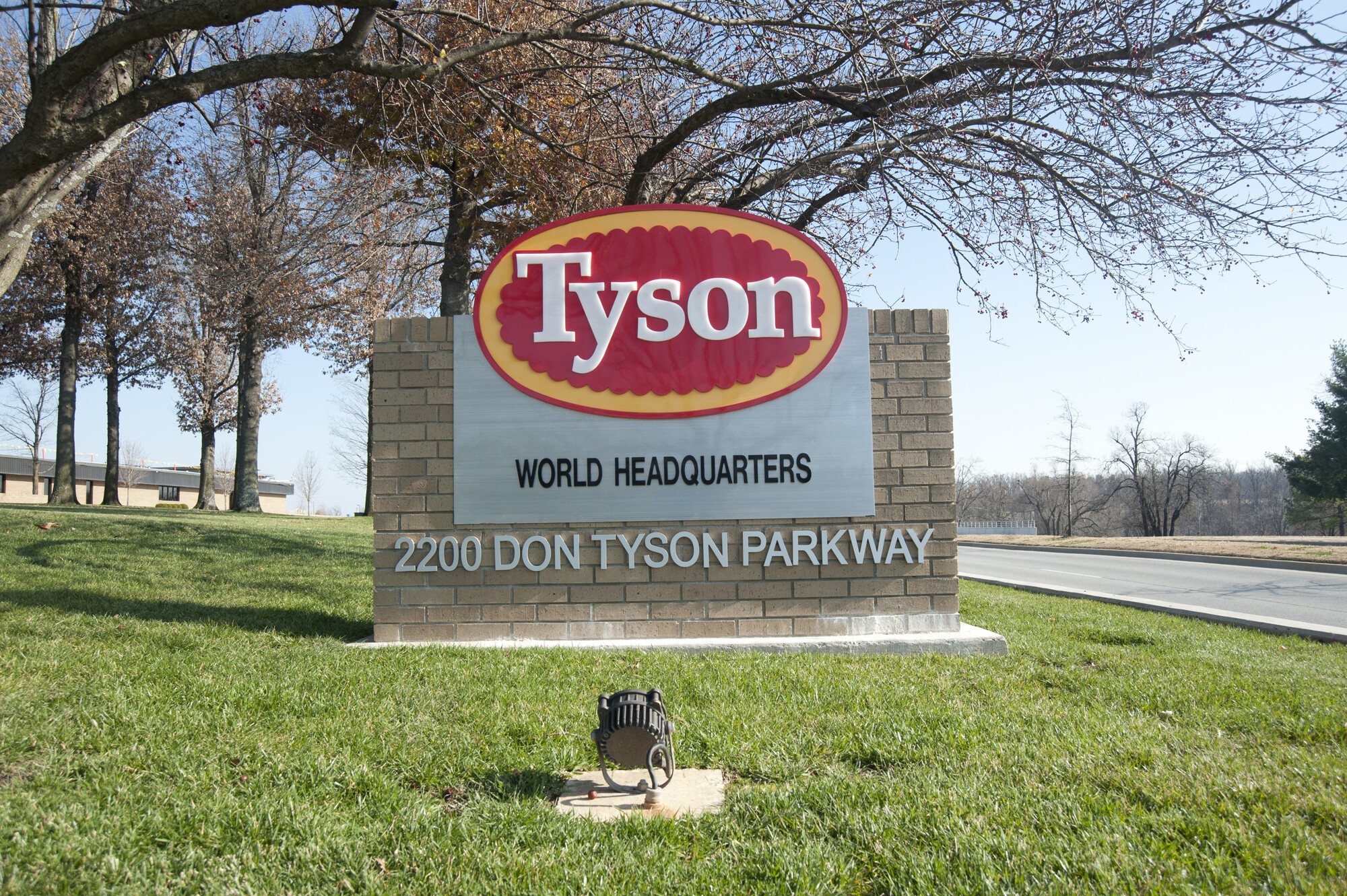The Big Meat Conspiracy Theory Unravels
May 15, 2023

Tyson
The Wall Street Journal’s editorial board ran the following editorial in the May 14, 2023 edition of the paper
Remember when President Biden and progressives last year accused meat packers of colluding to fatten their profits.
Are they now conspiring to lose money? Tyson Foods last week reported its first quarterly loss since 2009 as meat prices tumbled. Here’s a lesson in market economics, Mr. President.
Tyson’s stock plunged after it reported anemic sales and downgraded its forecast. The quarterly loss at the largest U.S. meat supplier marks a stunning reversal from 2021 and early last year when it earned record profits amid a run-up in meat prices. What happened?
“This doesn’t look like an antitrust conspiracy or market oligopoly, but the meat packers and their shareholders will never get an apology from Washington”
Posted in Industry












